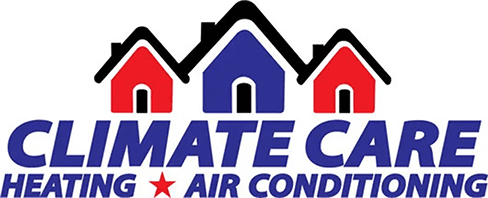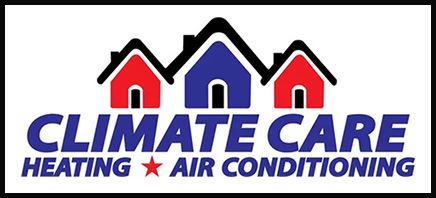Could Replacement Really Save Me Money?
HVAC is the backbone of home comfort, regulating temperature and air quality year-round. Like any piece of complex machinery, however, an HVAC unit is hardly immune to wear and tear.
When faced with a malfunctioning system, homeowners often grapple with whether to repair their existing unit or replace it with a new one.
So, let’s dig into all the factors at play in order to help you determine whether it's more cost-effective to repair or replace your current system.
Age of the System. The age of your HVAC system should play a significant role in the decision-making process. A well-maintained system can last around 15 to 20 years – but as it approaches the end of its lifespan, repairs become more frequent and expensive. If your system is within a few years of its projected lifespan, replacement might be a better long-term investment.
Repair Costs. When considering HVAC replacement costs, it's essential to compare them with the expenses currently associated with repair. Frequent and escalating repair bills can quickly add up, making a new system financially viable in the long run. If your current repair costs exceed 50% of the cost of a new system, it might be more cost-effective to opt for replacement.
Energy Efficiency. As you probably already know, older HVAC systems are often less energy-efficient than newer models. New systems are designed to meet higher energy efficiency standards, resulting in lower utility bills and reduced environmental impact. Over time, the savings that efficiency earns you can offset the initial cost of a new system, making it a more economical choice.
Technological Advancements. Advancements in HVAC technology have also led to smart systems. New systems come with features like programmable thermostats, zoning capabilities, and variable-speed motors that can significantly improve your home's comfort and energy efficiency.
While upfront costs might be higher for these types of systems, the long-term benefits are even more likely to outweigh your initial spend.
Making the Decision
Now you know which key factors you should be taking into account when you make your final decision. But if you’re still struggling with whether or not replacement is right for you, here are few handy rules of thumb:
Repairs make sense when…
It addresses a specific issue without indicating larger systemic problems
The system is relatively new (within the first half of its expected lifespan)
The price doesn’t exceed a significant percentage of the system’s value
The efficiency of the current system is acceptable and doesn't result in high utility bills
Replacement is preferable when…
The system nears the end of its projected lifespan, and repairs get more frequent
Repair costs are exorbitant, approaching or exceeding the cost of a new system
The system's energy efficiency is low, leading to high utility bills
Technological advancements offer substantial improvements in comfort and efficiency
The Cost-Effectiveness Equation
Making a decision between repair and replacement involves balancing immediate costs with long-term benefits. While HVAC replacement costs might seem steep initially, it's important to consider the overall impact on your budget and comfort.
While immediate repair costs might seem appealing, a long-term perspective often reveals just how much you could save by investing in a new system – especially with the Inflation Reduction Act pitching in to reduce the upfront cost of energy efficient appliances with a $3,200 tax rebate.
That last part get your attention? Give the Climate Care team a call for more information.


